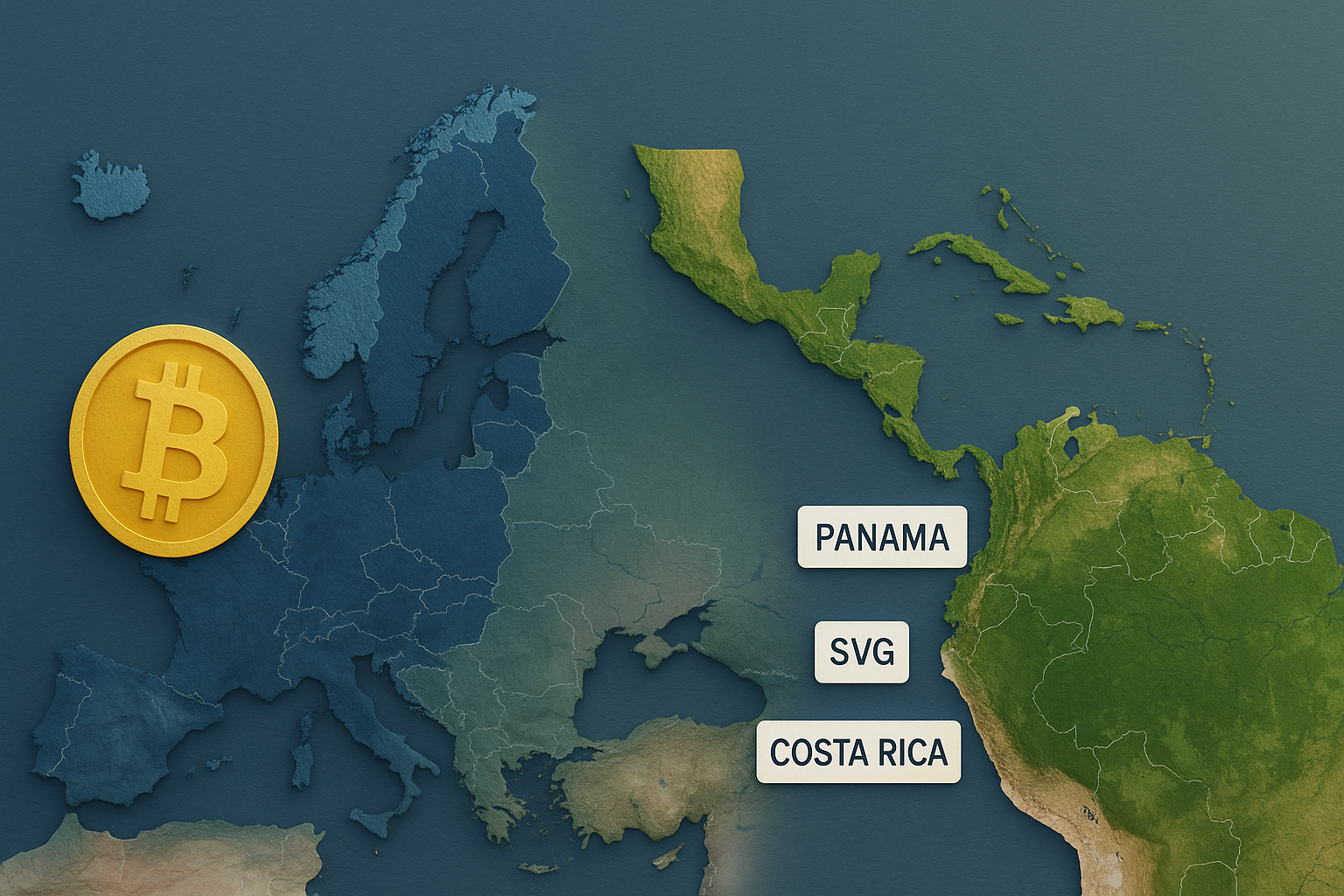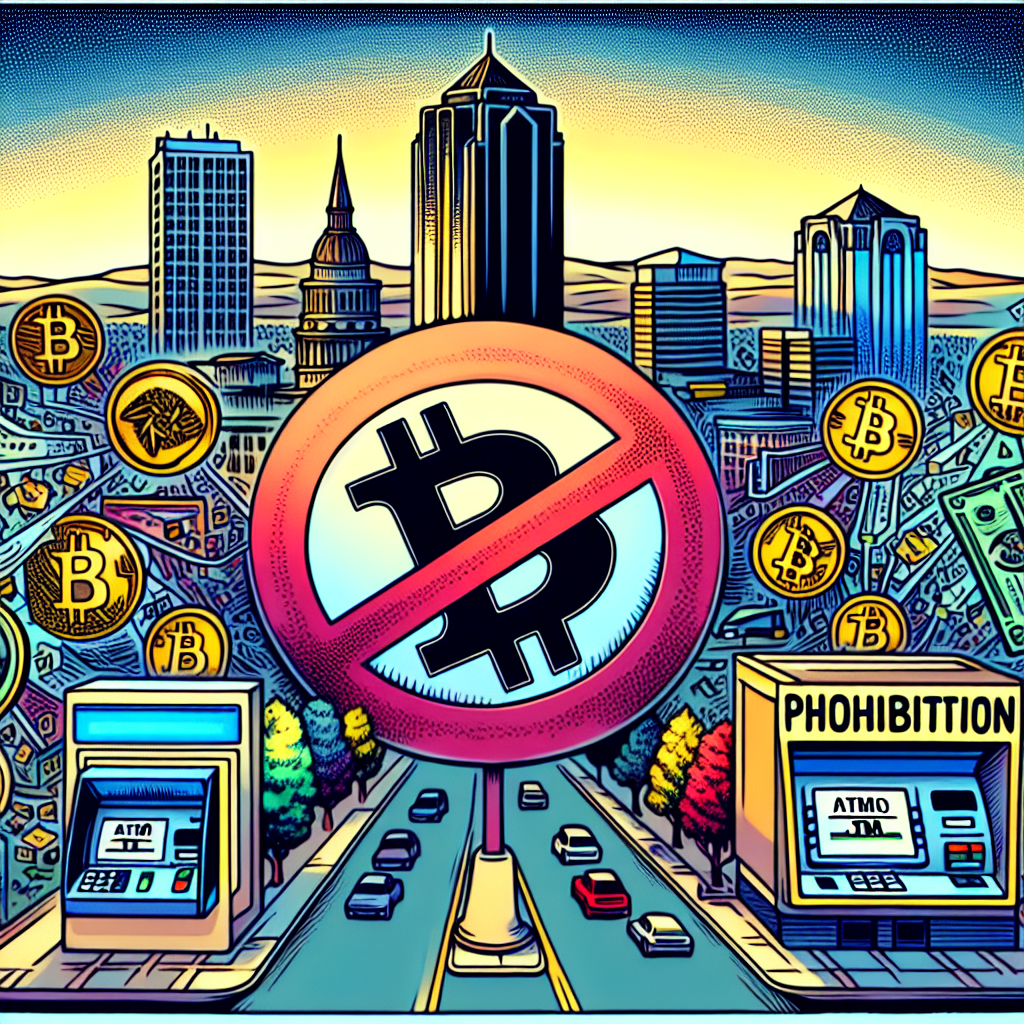A closer look at the impact of decentralization on the crypto industry in the face of regulations, discussing the real-world implications and dispelling common myths.
An Overview of Decentralization
The term decentralization is central to cryptocurrency and blockchain discussions. However, it often gets misinterpreted and is considered as a blanket protection against regulations. This article aims to debunk this misconception.
Decentralization: Not a Shield Against Regulation
Decentralization does not inherently guarantee protection against regulatory scrutiny. This is a common misbelief within the crypto community that needs clarification. While it’s true that decentralization leads to a more democratized and inclusive platform, it doesn’t make it immune to regulation.
Reducing the power of a central authority or a single entity is the essential concept of decentralization. However, regulatory authorities, including governments and financial watchdogs, can still monitor and control decentralized networks if they deem it necessary. For instance, governments have been trying to impose regulations on Bitcoin, the first and most decentralized cryptocurrency.
Why Decentralization Matters
Decentralization is critical due to a few key reasons:
- It promotes fairness by providing equal opportunities to all network participants.
- It prevents power concentration in the hands of a few, often leading to a more transparent system.
- It enhances security by distributing data across multiple nodes, making it harder for attackers to compromise the network.
Despite these benefits, the notion of complete immunity from regulations due to decentralization is a delusion.
The Irrefutability of Regulation
Regulations are inevitable in any industry, and cryptocurrency isn’t an exception. Given the increasing adoption and mainstream acceptance of crypto, governments worldwide are devising strategies to regulate these burgeoning assets. These regulations are not aimed to stifle innovation, rather they’re meant to protect investors and eliminate the possibilities of fraud and manipulation, which are rampant in the unregulated crypto markets.
The Future of Decentralization and Regulation
The future of decentralization in the face of a regulatory landscape is uncertain. Regulatory bodies will continue to evolve and adapt to the changing dynamics of cryptocurrencies. It is necessary to dispel the notion that a decentralized system is completely insulated from regulation. A balance needs to be struck between maintaining the decentralized ethos while adhering to regulations for the overall safety and growth of the industry.
Conclusion
The belief that decentralization can compensate for regulation is a delusion. Clear and defined regulations are necessary to mitigate risks and foster growth in the industry. It is important to understand that while decentralization brings numerous benefits, it doesn’t provide absolute immunity against regulatory enforcement. A constructive dialogue between regulators and the crypto industry is vital to create a framework that benefits all stakeholders.






